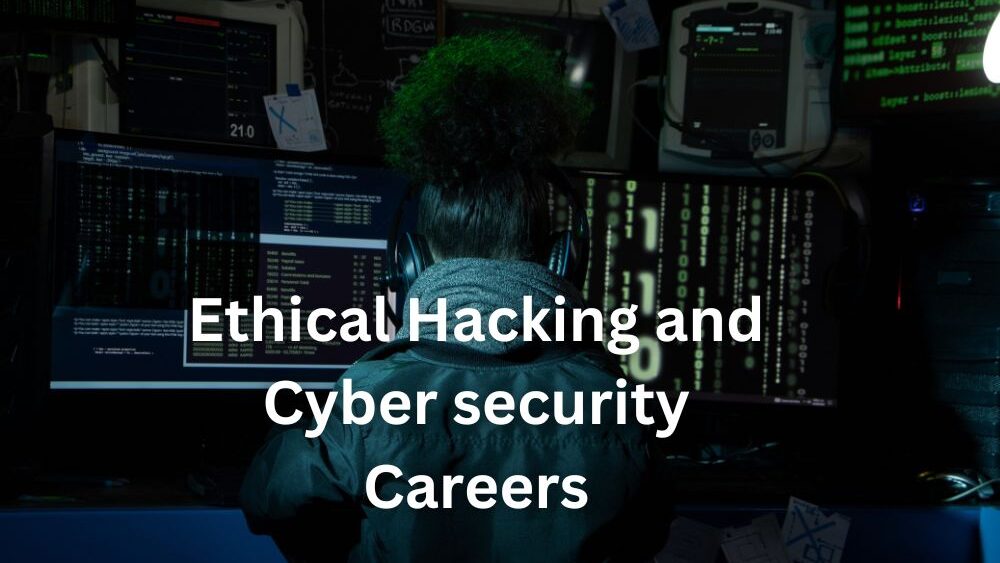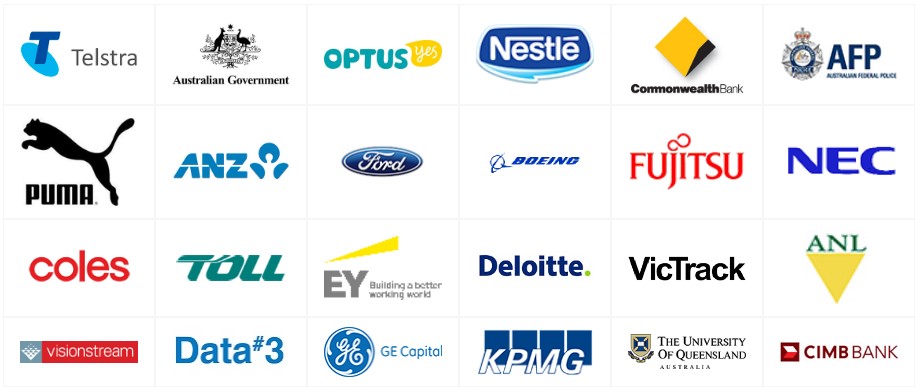Introduction:
In today’s interconnected digital landscape, the importance of cyber security and ethical hacking cannot be overstated. With the rapid expansion of technology across all sectors, the need for skilled professionals to protect sensitive data and digital assets has become paramount. This article delves into the rising importance of ethical hacking and cyber security careers in the digital age, highlighting their crucial role in safeguarding against cyber threats.
The Digital Age and Its Challenges:
As we embrace the digital revolution, we also face an array of cyber security challenges. From sophisticated cyber-attacks targeting businesses to privacy concerns in our personal lives, the digital age brings both opportunities and risks. Cybercriminals constantly evolve their tactics, exploiting vulnerabilities in systems and networks. This underscores the urgent need for robust cyber security measures to protect individuals, organizations, and governments from malicious activities.
Understanding Ethical Hacking:
Ethical hacking, also known as penetration testing or white-hat hacking, involves simulating cyber-attacks to identify and address security weaknesses. Ethical hackers utilize their skills and knowledge to assess the security posture of systems and networks, helping organizations proactively strengthen their defenses. Unlike malicious hackers, ethical hackers operate within legal and ethical boundaries, aiming to enhance security rather than exploit vulnerabilities.
The Importance of Cyber security Careers:
Cyber security careers have emerged as vital pillars in the fight against cyber threats. Professionals in this field play a crucial role in protecting digital assets, maintaining data integrity, and safeguarding privacy. From cyber security analysts to incident responders, these professionals are at the forefront of defending against cyber-attacks and mitigating security risks. As cyber threats continue to evolve, the demand for skilled cyber security professionals is on the rise across industries.
Skills and Training for Cyber security Careers:
Success in cyber security careers requires a diverse set of skills and competencies. Professionals in this field need strong technical acumen, analytical abilities, and problem-solving skills. They must stay updated on the latest security trends, tools, and techniques through continuous learning and professional development. Certifications such as Certified Ethical Hacker (CEH), Certified Information Systems Security Professional (CISSP), and CompTIA Security+ are highly regarded in the cyber security community and can enhance career prospects.
Ethical Hacking as a Career Path:
Ethical hacking offers an exciting and rewarding career path for individuals passionate about cyber security. Ethical hackers have the opportunity to work on challenging projects, uncover vulnerabilities, and contribute to strengthening cyber defenses. However, ethical hacking also comes with ethical responsibilities, requiring practitioners to operate with integrity, respect privacy, and adhere to legal guidelines.





